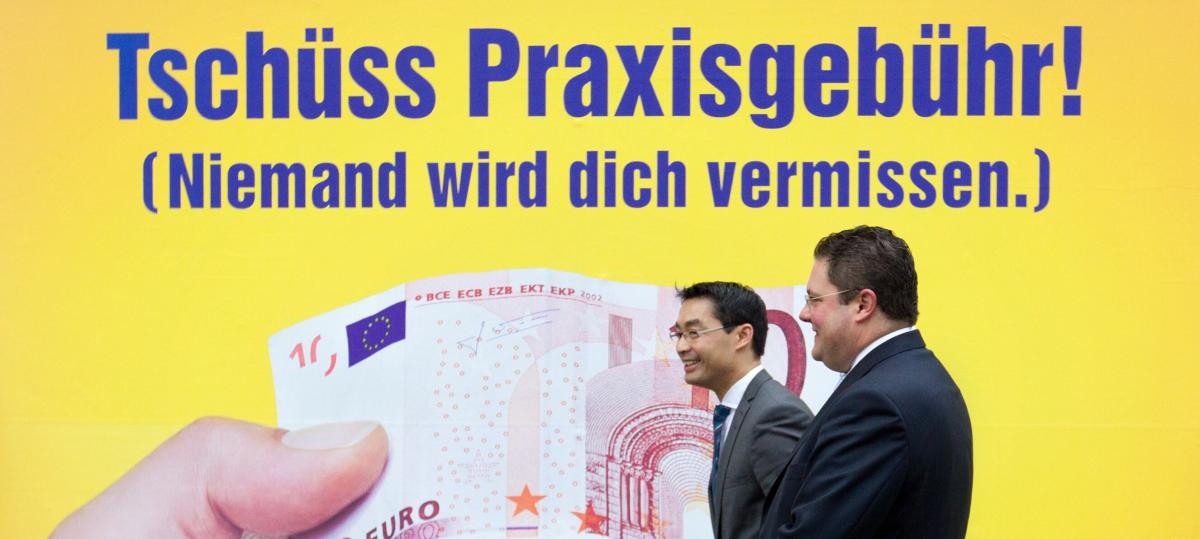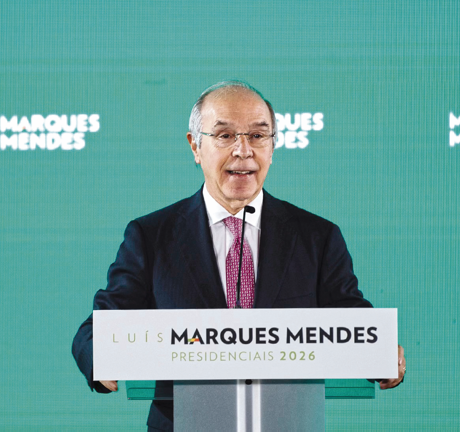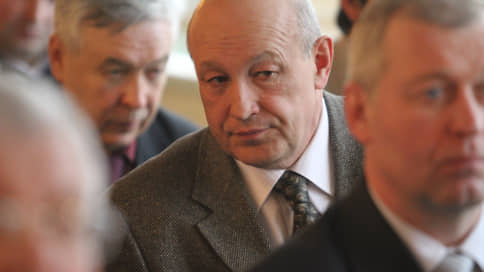Why she has already failed

He did that in Bundestag not yet experienced, said SPD-veteran Wolfgang Thierse in 2012 after the practice fee had been abolished again. The members of the parliament unanimously voted for an end to the fee – an indication of how hated or at least superfluous it had become. 13 years later, the leaders from the Union and SPD see it differently again and file a return of the practice fee. Because the holes in the finances of the health insurance companies, which are to be filled with the fee, have now been opened again.
« We introduce a better and targeted care of the patients and for a faster appointment of appointments, » says the intermediate paper for the coalition negotiations of the two parties. There is also talk of « free choice of doctor through home and pediatricians » and a « household-producing care ». That would mean that if you have a complaint, you should have it examined by your family doctor – who, according to his assessment, could then issue a transfer to a specialist. « Primary doctor », as it is called in the paper, and thus the first point of contact would always be general practitioners and doctors, specialists, usually only come into play when referring. It would be obvious that the practice fee would also return.
Why the practice fee could come back with the new federal government
Because the plan from the coalition negotiations would apparently be a control instrument that is to prevent specialists from being overloaded with unnecessary dates. That would reduce the expenses of the health insurance companies – a practical fee would also bring them money. However, taxes could only be paid to specialists if there were consequences for patients when the « primary doctor system » was avoided. From 2004 to 2012 it worked like this: For the first visit to the doctor in the quarter, a ten euro practice fee was due. Anyone who then consulted a different practice without a transfer had to pay again. So it is conceivable that this plan is now brought out of the sinking again.
In 2012, not only the MPs in the Bundestag approved the end of the practice fee. The medical profession literally rejoicedwhen the fee was history. « She failed as a device that was not as a driver of bureaucracy, » wrote that Medical at that time. For the doctors, the fee finally meant administrative effort because they had to collect, document and forward the money – they were not allowed to keep the ten euros for health insurance companies. Patients and patients also realize to have to pay money from the doctor: « It is not uncommon for doctors and medical assistants to hear their displeasure about it, » reports that Medical.
Coalition negotiations: What effect the practice fee had until 2012
However, the practice fee apparently succeeded in steering the rush to the medical practices: both at the beginning: both a study by the Central Institute for Statutory Health Insurance (ZI) as well as the German Institute for Economic Research (DIW) come to the conclusion that the doctor’s contacts dropped after the fee was introduced. However, the researchers of the ZI states: « Even during the time of the practice fee, the number of treatment increases again » – After a getting used to, the effect of the fee was partly after. In your application for abolition wrote the government parties at the time of the CDU/CSU and FDPThe practice fee did not make it sustainably reduce visits to the doctor. On the revenue side, the fee brought the cash registers almost 2 billion euros a year. This is probably why voices can be heard from ranks of the health insurers, who are committed to their return.
« That would currently bring billions », said Ralf HermesThe CEO of the IKK Innovation Cash, in an interview with the Berliner Zeitung. Money that the health insurers currently urgently need: Insurers have long been deficit, reserves have been used up for pressure from politics, for example, in the course of Corona pandemic-one consequence of this is also increasing contributions. In order to stuff the holes in the coffers, you are now apparently ready to reintroduce the unpopular practice fee. This also has social explosive power: Because to request a fee to request a fee, poor people and those who are more likely to rely on treatments could disadvantage.
Not least because of this, the practice fee in 2012 was completed again. At that time you could even afford it: compared to today, the finances of the health insurers looked much more relaxed. Many doubt whether the current tense situation with the practice fee can actually be loosened up by many: the statutory health insurance companies took up 320 billion euros last year. The two billion euros from the practice fee should not make a big difference.







